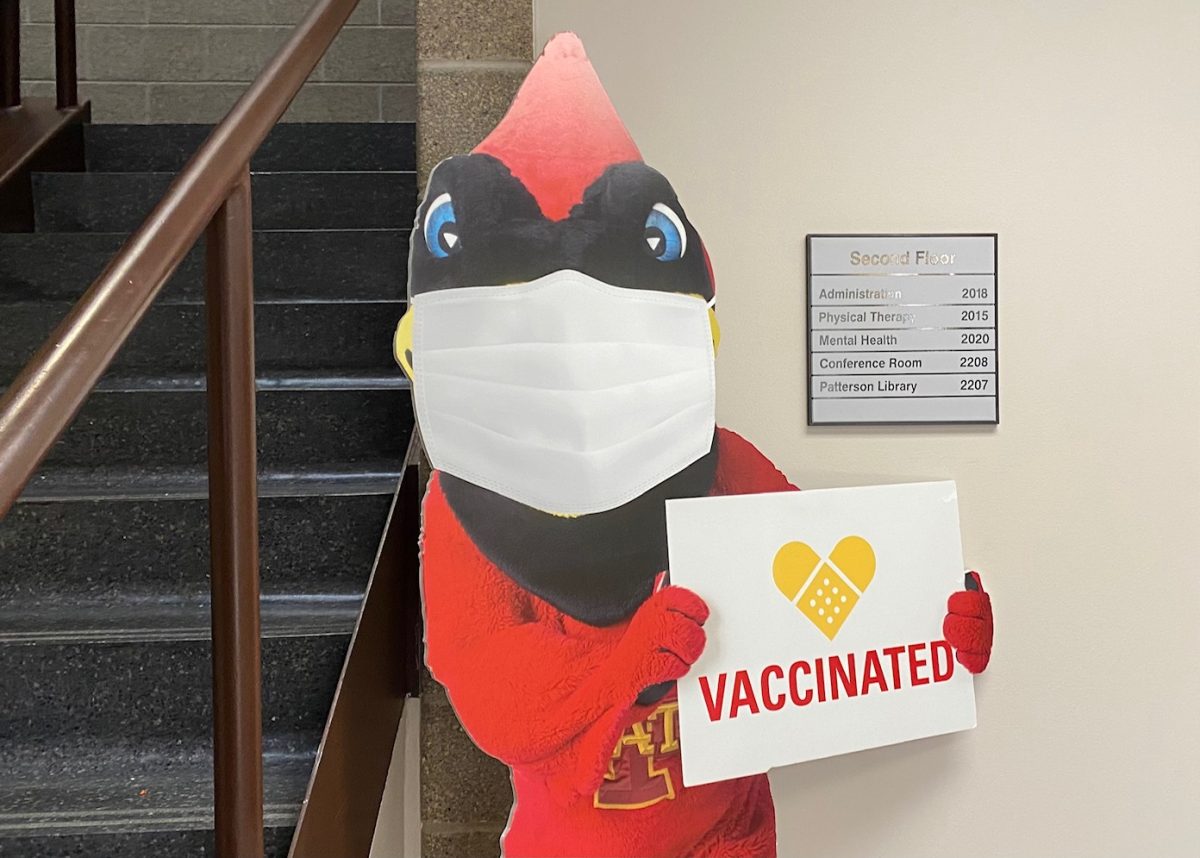Forget the zoo; take a new field trip
October 6, 1998
Biology students wanting to study abroad have to look no further than the biology department to participate in international field trips.
Warren Dolphin, professor of biology, said trips forming currently have Thailand, Costa Rica, Honduras and Central Europe as destinations.
Students must enroll in Biology 394, International Field Trips in Biology, to participate in the excursions. Dolphin said the pre-trip seminar is worth one credit, and the field trips are worth another one to three credits, depending on their length.
Dolphin said students study subjects such as biology, culture and climate in the pre-trip seminars. Before leaving, students also must give presentations on a researched topic.
Ingrid Roseborough, senior in biology, participated in the International Field Trips in Biology class earlier this year and researched in Costa Rica during spring break.
“I definitely recommend going on these trips, especially to biology students, so they can practice what they’ve learned in the classroom,” Roseborough said.
Students who take advantage of these trips earn 300-level credit and fulfill their international diversity requirements. Financial aid also may be available to help pay for the trips’ costs.
“This is a great opportunity,” Dolphin said. “Feedback from students is exceptional. They see a lot of things that the tourist wouldn’t see.”
Dolphin said the agendas of the field trips vary depending on the country students visit.
“[Students] go into an area and move to another area while looking at sites of interest to biologists, such as museums, park areas and biological laboratories,” he said. “In large cities we give students free time to explore.”
Donald Sakaguchi, professor of biology, will be taking students to Honduras for the Roatan Island marine biology trip during spring break.
“This trip will provide students with field marine biology experience,” Sakaguchi said. “There are onsite lectures by experts on topics such as coral reef biology, dolphins and fish.”
During the field trip, students will have the opportunity to observe coral reefs and interact with dolphins, he said.
“There is also extensive snorkeling and scuba diving in a marine environment,” Sakaguchi said.
The international biology field trips don’t allow students time to have fun in the sun every day. On biology days when students perform most of their research, Dolphin said students might work and study from 8 a.m. to 8 p.m.
Deciding which countries will be visited each year is part of an umbrella course.
“Different faculty members who have an interest in a country lead a group to that country,” Dolphin said. “They may have collaborative research or have just toured the country.”
Dolphin said 73 people participated in the program last year. Biology majors received invitations for the program this year, and already 120 students have responded. But Dolphin said there is room for others.
Prerequisites for enrolling in the program include two courses in biology or the biological sciences.
Wayne Rowley, professor of entomology, is in charge of this year’s trip to Thailand during winter semester break and the trip to Costa Rica from May 8 to May 23.
From March 13 to March 20, students will be exploring Honduras with Sakaguchi, and from May 10 to June 1, Dolphin will be leading students through Austria, Slovakia, Hungary and the Czech Republic in Central Europe.
The biology department’s Web site shows that future trips may include Antarctica, Israel, Australia, the Amazon River, Kenya and the Galapagos Islands.






